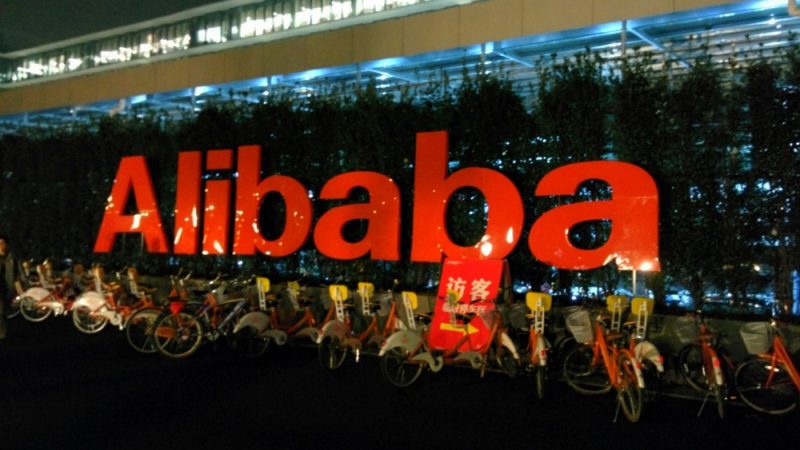The Groupon of China Is Going Public—and It’s More Expensive Than Alibaba, Snap, or Facebook’s IPO

Investors are still betting on fast growth in China’s more rural cities, if Pinduoduo’s Thursday initial public offering is anything to go by.
Sometimes dubbed the Groupon of China, discount e-commerce company Pinduoduo soared 36% on its first day of trading Thursday, after raising $ 1.63 billion in an offering of American Depository Receipts priced at $ 19 a share. That gives the three-year-old company a fully diluted valuation of about $ 32.4 billion.
Founded by ex-Google engineer Colin Huang, Pinduoduo has grown meteorically in past quarters, racking up about 343.6 million active buyers in the second quarter of 2018. Backed by Tencent, the startup has thrived by promoting ultra-cheap goods using the internet giant’s ubiquitous WeChat app, and rewarding users who buy in bulk alongside friends and family.
Investors seem convinced in the Shanghai-based company’s ability to continue its upwards trajectory. Backed by Sequoia Capital and Banyan Partner Funds, the company’s stock is no cheap bet. Comparing the company’s sales—just over a quarter billion dollars—to its valuation (in lieu of the more popular price to earnings ratio, as Pinduoduo has yet to post a profit) yields a ratio of 116.5.
By that measure, Pinduoduo is a more expensive stock than Snapchat maker Snap Inc. was in the hours following its IPO, as well as Alibaba with its 27.4 P/S ratio, Facebook’s 31, or Amazon’s 19.1 at the time of their respective offerings. It does, however, pale in comparison to the post-IPO valuation of Baidu, which went public at a time when interest in the country was surging, giving it a 2005 P/S ratio of 298.5. Pinduoduo is also overshadowed by JD.com’s 2014 IPO, which commanded a ratio of 238.3.
It’s a sign that investors are betting on the growth of China’s less wealthy cities, despite a recent slowdown in the nation’s economy. Through Pinduoduo, say Morningstar’s Jennifer Song, investors are hoping to tap into China’s less affluent consumers who may one day have more spending money in their wallets.
“The spending power growth of lower-tier cities population is outpacing that of tier-1 and tier-2 cities, and the increased spending power of these lower-tier cities represent massive opportunities for retailers,” reads Pingduoduo’s prospectus.
According to mobile analytics firm Questmobile, about 60% of Pinduoduo’s users are in cities with less than $ 67 billion in Gross Domestic Product. In comparison, Alibaba and JD.com appear to be focusing on wealthier users, says Blue Lotus’ Silvia Wang. Both of those e-commerce firms have focused increasingly on higher quality goods and more personalized content. As a result, both have “inevitably lost parts of their user base from lower tier cities,” she says.
But Pinduoduo isn’t the only company that’s betting on growth in China’s rural population. Alibaba, for instance, has been trying to expand its offering to less affluent locations, recently investing $ 716 million in Huitongda network, a rural e-commerce platform. JD.com, meanwhile, has said it would open about half a million convenience stores in rural locations over the next five years.
Another potential problem: The platform doesn’t currently charge merchants fees or commissions—a step it will likely have to take in order to be profitable.
And as its rural user base receives more disposal income, Pinduoduo will also have to level up with its customers. While the company offers cheap goods (a pair of sneakers on the platform, for instance, is now going for 9.5 yuan, or $ 1.40), the goods can often be of low quality and poorly packaged, says Song.
Though in its prospectus, Pinduoduo insists that it is focused on quality controls. And for now, it doesn’t seem to bother users too much. Annual spending per active buyer rose 13% to the equivalent of $ 116 in the second quarter of 2018.
But it may still have time.
“In the near-future, the majority of China will still live in lower tier cities, which means Pinduoduo still has space to grow its users,” says Wang.
